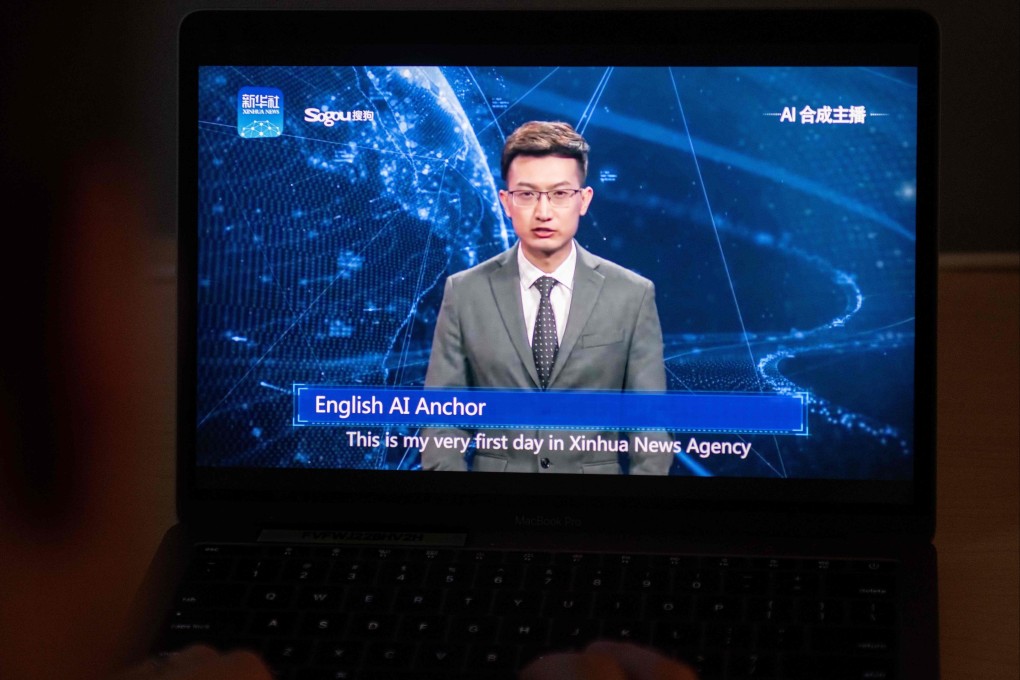Advertisement
Global tech start-ups from skyscraper-cleaning robots to AI news anchors find their footing in the Greater Bay Area
- Hong Kong’s status as a hub for emerging technologies is among the reasons companies are choosing China’s bay area
- The economic zone in southern China is emerging as a haven for robotic and AI developers to test out their products
Reading Time:4 minutes
Why you can trust SCMP

Tech start-ups are flocking to the Greater Bay Area (GBA) to take advantage of dynamic investment opportunities and heightened demand, as the region emerges as a haven for robotic and AI developers to test out their products.
Concentration of resources and Hong Kong’s status as a hub for emerging technologies were among the reasons companies are choosing the bay area, according to three hi-tech start-ups.
DeepBrain AI, a South-Korean firm developing digital avatars powered by artificial intelligence, said consumers in the bay area were keener to embrace new technologies than those in other markets.
Advertisement
“I would say Hong Kong and China were more aggressive to adopt AI technology compared to Western customers,” said Felix Kim Jaeho, global business developer at Deepbrain AI.
“Some regions are still considered conservative when it comes to deep learning or AI technology, but Hong Kong and the GBA are ready to consider this technology.”
Hong Kong, Macau, and nine cities in southern China’s Guangdong province make up the Greater Bay Area, China’s ambitious plan to create a hi-tech economic zone to rival the likes of Silicon Valley in the United States.
Advertisement
Select Voice
Select Speed
1.00x